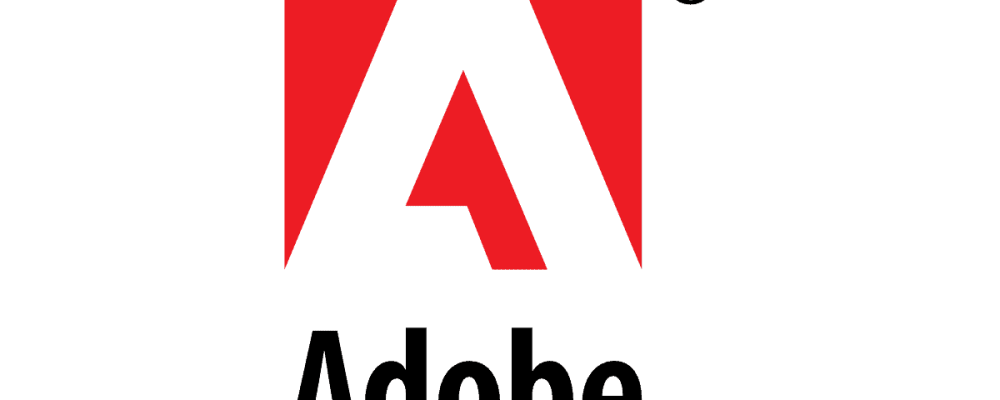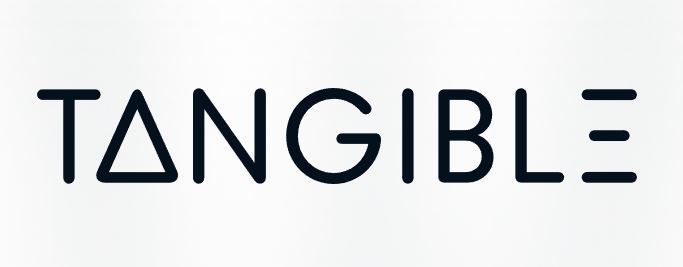One of the most recognizable computer software companies has partnered with NFT platform Rarible. With this, digital authentication goes to the next level.
Content Credentials protection for creators
Adobe is a well-known developer of computer software such as Photoshop, Stock and Behance. The company has decided to partner with the Rarible marketplace to protect the creations of its users. With the action taken, all NFT creators using Photoshop have been given the ability to link their social media profile, and crypto wallet address along with their creations. This is great news for consumers who can now get extra assurance that the content is the actual work of a particular creator.
The data pertaining to it will be automatically knocked out when the content is added to the Rarible profile. The certificate of authenticity will therefore be publicly visible among any metadata shared. The Content Credentials project is part of a broader Adobe initiative called the Content Authenticity Initiative (CAI), which the company has been implementing since 2019. It aims to combat visual misinformation in the virtual world.
Rarible representatives commented on the move as follows:
“We fully support Adobe’s mission to make the digital world a more open and safer place for both creators and consumers. We look forward to working with CAI to fight misinformation with attribution and verifiable truth about content.”
Who is Rarible?
Rarible is one of the largest platforms for creating and selling NFT tokens. It was founded in early 2020 by Russian entrepreneur Alex Salnikov and instantly gained immense popularity. Rarible’s marketplace has gained momentum due to the lack of restrictions that often guide competitors’ activities. No application process is required here, allowing almost anyone to create and sell their creations.
With its native RARI token, Rarible creates additional incentives for creators. Every week, 75,000 coins are distributed to the platform users with the highest trading volume and number of transactions. In this way, the community can count on acquiring as much as 70% of the total RARI supply.
A valuable way to protect property
The collaboration between Adobe and Rarible has created a solution that many creators, as well as consumers, have long been waiting for. An authentication system is essential for clarity, transparency and security in the NFT marketplace. One could even say that the market regulates itself with such solutions.



























